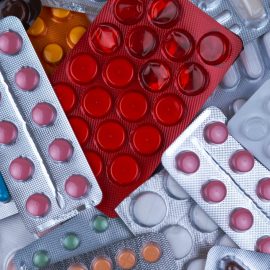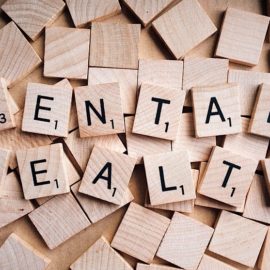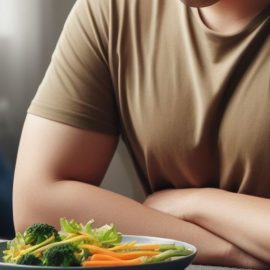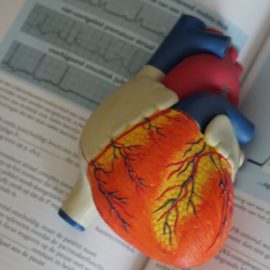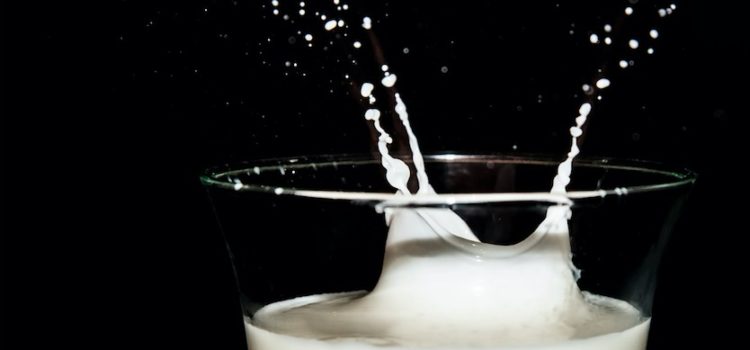
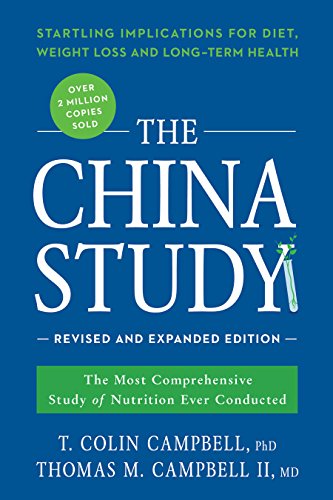
This article is an excerpt from the Shortform summary of "The China Study" by Colin Campbell. Shortform has the world's best summaries of books you should be reading.
Like this article? Sign up for a free trial here .
Is there a link between milk and prostate cancer? How could milk, something our society tells us is so healthy, cause prostate cancer?
Studies show that milk, other dairy products, and meat increase a man’s risk of prostate cancer. We’ll cover the two mechanisms by which animal products, and milk in particular, may cause this highly preventable cancer.
The Link Between Milk and Prostate Cancer
The prostate, located between a male’s bladder and colon, is the size of a walnut and produces fluid that aids the sperm in fertilization. Prostate cancer grows slowly and may not cause discomfort until it’s advanced. Some studies say half of all men age 70 and older have prostate cancer.
Prostate cancer is yet another disease of affluence—it’s far more prevalent in Western countries than in developing ones. Does this mean it’s preventable? And if so, how?
In a handful of studies, men who consumed the most dairy had double the risk of developing prostate cancer of men who consumed the least dairy. Even more startling, their chance of dying of the disease was four times as high. These studies first made the public aware of the link between milk and prostate cancer.
How Dairy Contributes to Prostate Cancer
Mechanism #1: Consuming animal foods increases IGF-1.
The growth hormone IGF-1 is responsible for managing cell reproduction. In normal ranges, IGF-1 works efficiently. Too much of it, and cells reproduce at too fast a rate and old cells aren’t removed quickly enough. This promotes cancer.
Men with high IGF-1 levels are 5.1 times more likely to develop prostate cancer than men with low IGF-1 levels. Consuming animal products causes our bodies to produce more IGF-1 than we need, increasing our cancer risk.
Mechanism #2: Calcium and animal protein block the production of vitamin D.
Our bodies use vitamin D from sunlight and certain foods to make a “supercharged” form that prevents cancer, osteoporosis, and autoimmune diseases, among other illnesses.
Calcium and animal proteins (both found in animal foods) can inhibit the body’s ability to turn vitamin D into supercharged vitamin D. Lower levels of supercharged D have been shown to promote cancer development.
These mechanisms show that animal foods promote prostate cancer development in multiple ways. The link between dairy and prostate cancer is especially strong because of its high calcium content.
Avoid Milk: Prostate Cancer Treatment
In a controlled study (conducted by Dr. Ornish) of men with early prostate cancer, only 5% of the patients in the “diet-and-lifestyle” group (as opposed to the “standard-care” group) eventually needed conventional prostate cancer treatment. Ornish also found that the blood of the diet-and-lifestyle group repressed the growth of cancer in cultures and that over 500 of these patients’ genes were expressed differently due to dietary and lifestyle changes.
Recent research found that men with prostate cancer who eat three or more servings of dairy a day have a 141% increased risk of dying within ten years, compared with men with prostate cancer who eat less than one serving of dairy a day.
The link between dairy and prostate cancer, including milk and prostate cancer, is clear. Eat less dairy to reduce your risk.
———End of Preview———

Like what you just read? Read the rest of the world's best summary of "The China Study" at Shortform . Learn the book's critical concepts in 20 minutes or less .
Here's what you'll find in our full The China Study summary :
- Why animal proteins (meat, milk) might cause cancer, diabetes, and other diseases
- Why the medical institution is structured to hide the truth about disease and food
- The precise diet you'll need to eat to live longer and feel happier


